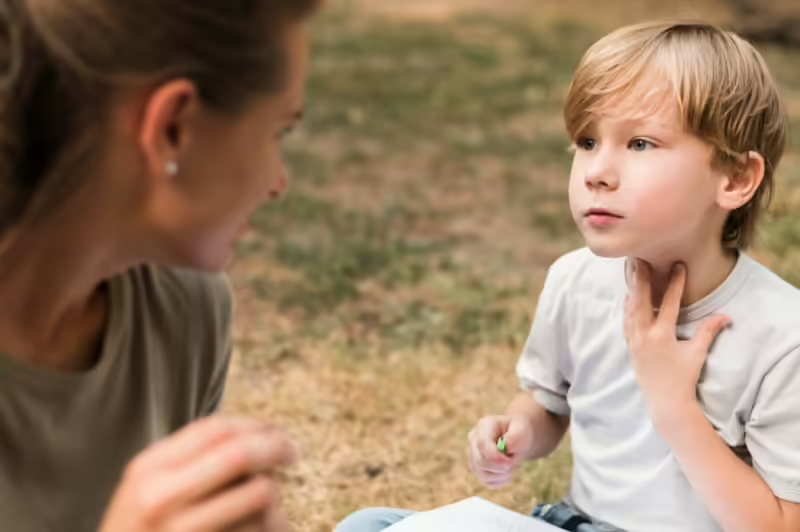Honesty is a cornerstone of strong character and integrity. It’s a value that lays the foundation for trust, credibility, and meaningful relationships throughout life. As a parent, one of your key roles is to instil honesty in your child, helping them understand the importance of telling the truth and being trustworthy. Here’s how you can teach your child to be honest based on the advice of this nursery in Colchester, even when it’s difficult.
Model Honest Behaviour
Children learn from the examples set by their parents. If they see you being truthful in your words and actions, they are more likely to follow suit. This includes being honest in everyday situations, such as admitting a mistake at work or returning extra change to a cashier. When your child sees you consistently choosing honesty, they will understand its value and importance.
Create a Safe Environment for Truth-Telling
Children might lie out of fear of punishment or disappointment. To encourage honesty, create a safe environment where your child feels comfortable telling the truth, even when they’ve done something wrong. Let them know that you value honesty more than perfection and that telling the truth will always lead to a better outcome than lying.
Praise Honesty
When your child is honest, especially in challenging situations, acknowledge and praise their truthfulness. Positive reinforcement helps them associate honesty with positive feelings. A simple “I’m proud of you for telling the truth” can go a long way in reinforcing honest behaviour.
Teach the Consequences of Lying
Help your child understand the impact of dishonesty. Explain how lying can break trust, hurt relationships, and lead to more significant problems. Use age-appropriate examples or stories to illustrate how dishonesty can lead to negative consequences, while honesty fosters trust and respect.
Address Lies Calmly and Constructively
When your child lies, it’s important to address it calmly and constructively. Avoid harsh punishment or angry reactions, as this can make them more likely to lie in the future to avoid trouble. Instead, talk to them about why they felt the need to lie and discuss the importance of honesty. Help them understand that everyone makes mistakes, but it’s how we handle those mistakes that matters.
Encourage Open Communication
Open communication is key to building honesty. Encourage your child to share their thoughts, feelings, and experiences without fear of judgement. When they know they can talk to you about anything, they’re more likely to be honest. Listen actively, ask questions, and show genuine interest in what they have to say.
Teach the Value of Integrity
Integrity is doing the right thing even when no one is watching. Help your child understand that honesty is not just about telling the truth to others but also about being true to oneself. Encourage them to make decisions that align with their values, even when it’s difficult or when others might not be aware of their choices.
Use Stories and Examples
Children often learn best through stories and examples. Share stories—whether from books, your own life, or historical figures—that emphasise the importance of honesty. Discuss the outcomes of being honest versus being dishonest and help your child see the value of truthfulness in different scenarios.
Be Honest About Your Own Mistakes
No one is perfect, and it’s important for children to see that everyone makes mistakes. When you make a mistake, be honest about it. Apologise if necessary, and discuss how you can make things right. This shows your child that honesty is about owning up to your actions and that it’s okay to admit when you’re wrong.
Encourage Problem Solving
Sometimes, children lie because they don’t know how to solve a problem or are afraid of the consequences. Teach your child problem-solving skills so they feel more confident in facing challenges honestly. When they’re faced with a tough situation, work with them to find a truthful and constructive solution. This empowers them to handle difficulties without resorting to dishonesty.
Teaching your child to be honest is an ongoing process that requires patience, consistency, and understanding. By modelling honest behaviour, creating a safe environment for truth-telling, and reinforcing the value of integrity, you can help your child develop a strong sense of honesty that will guide them throughout their lives. Honesty is more than just telling the truth; it’s about building trust, showing respect, and living with integrity. With your guidance, your child can grow into an honest, trustworthy individual who values the truth in all aspects of life.



